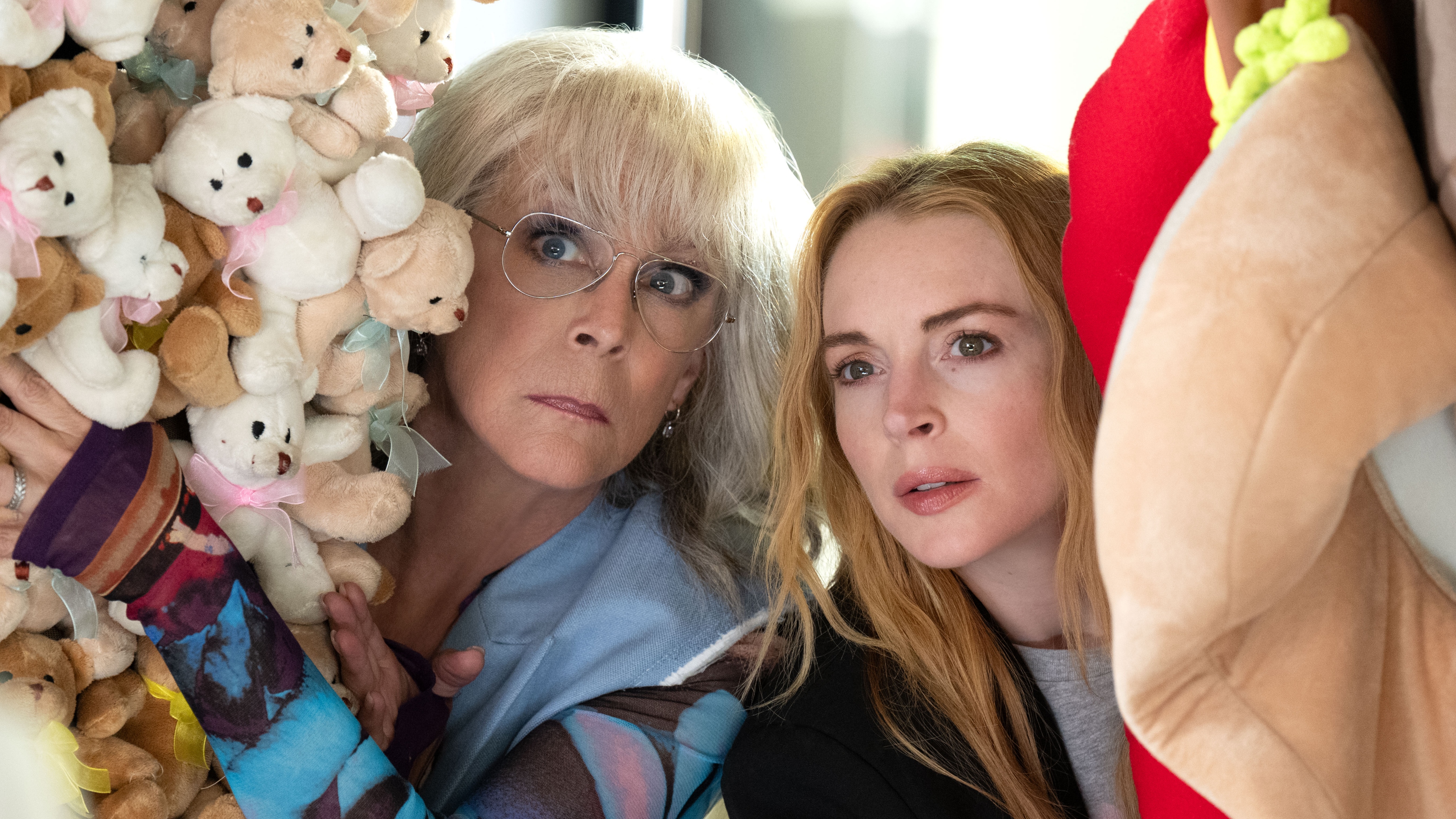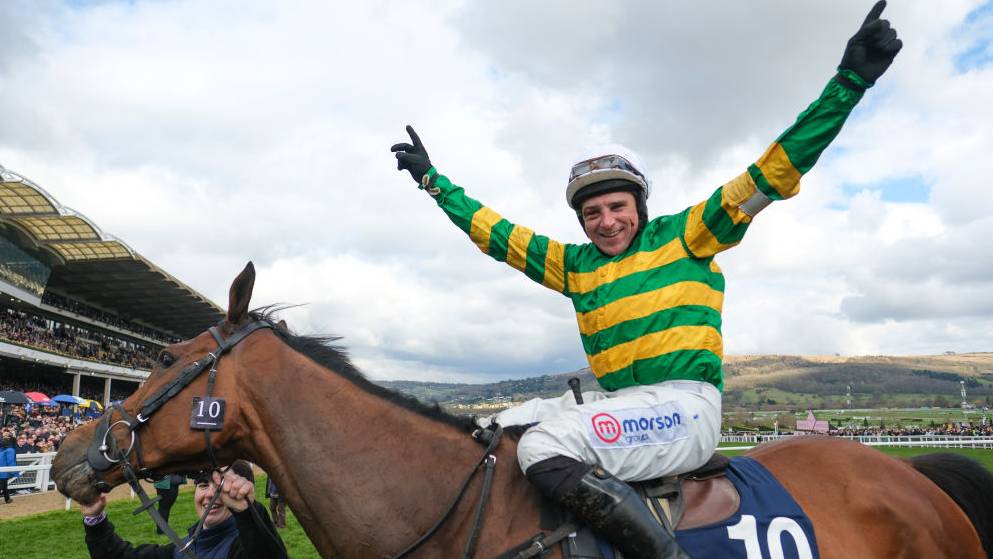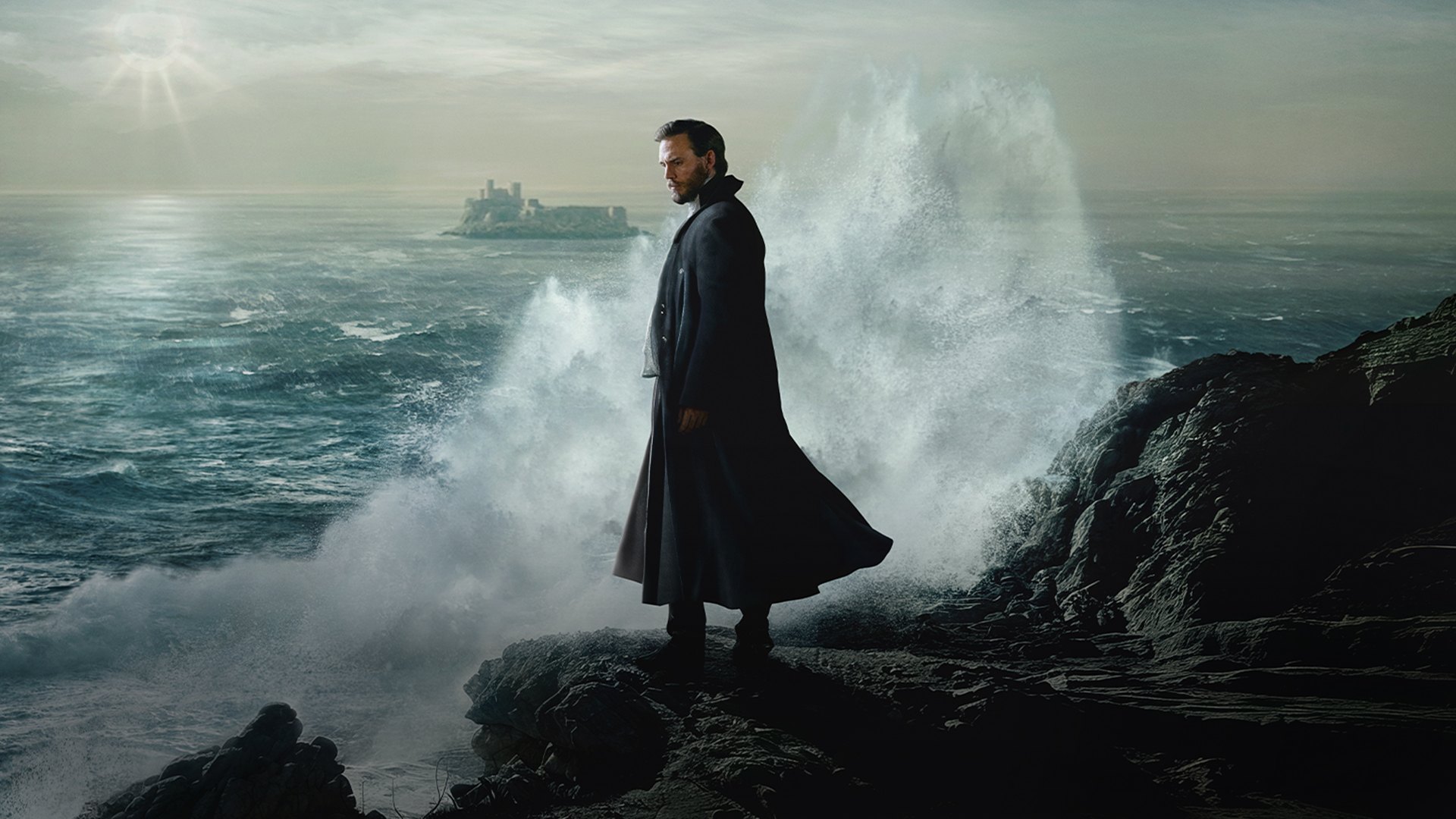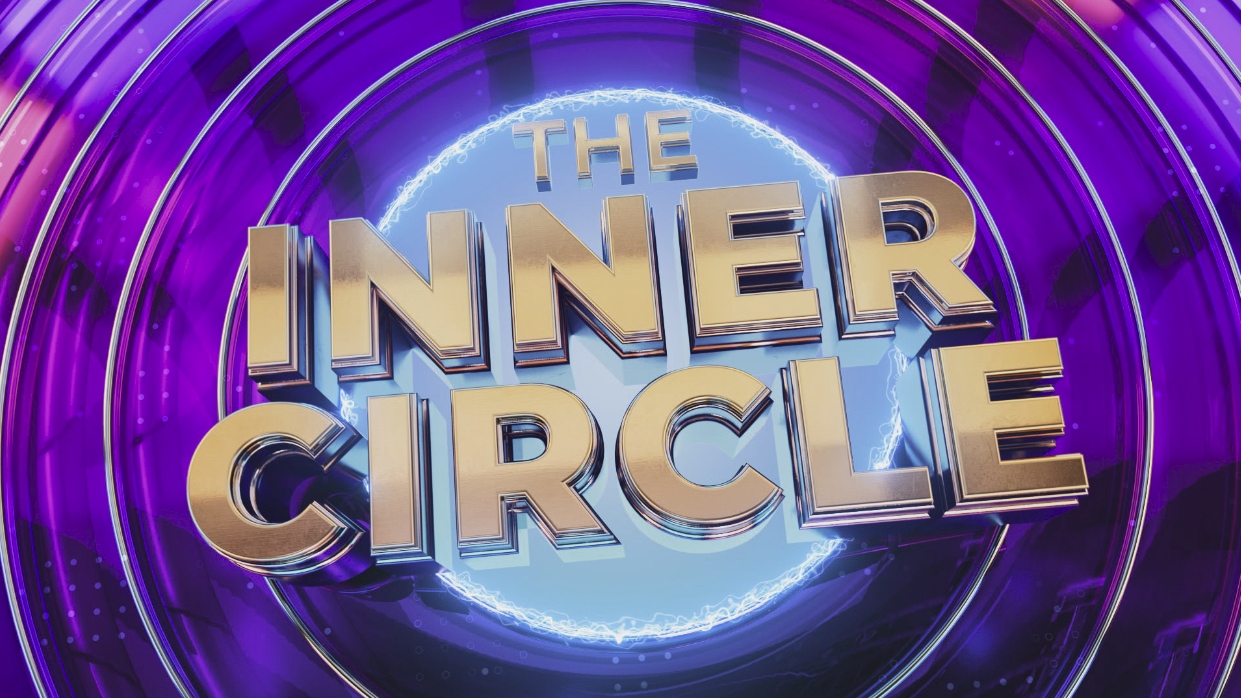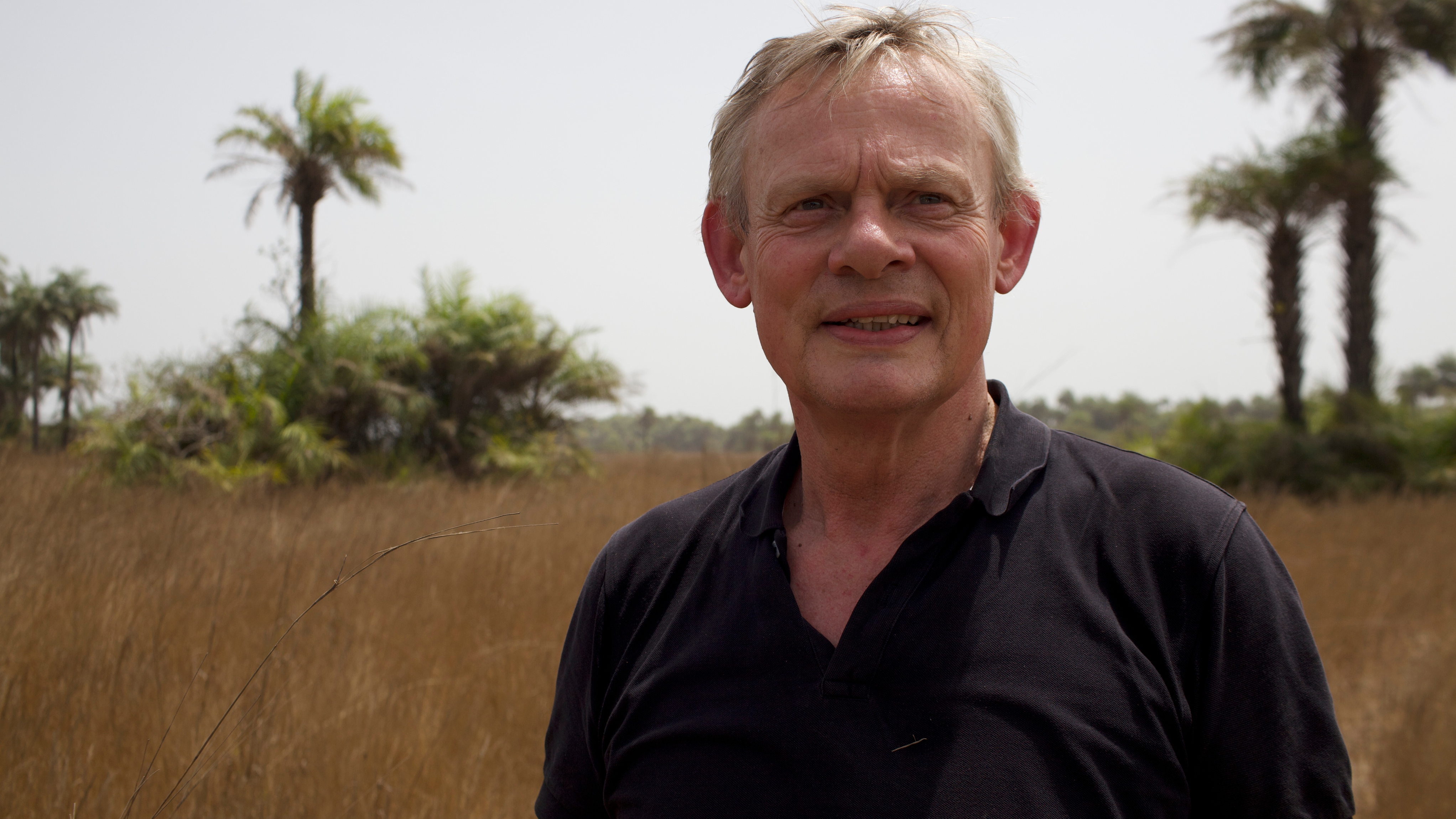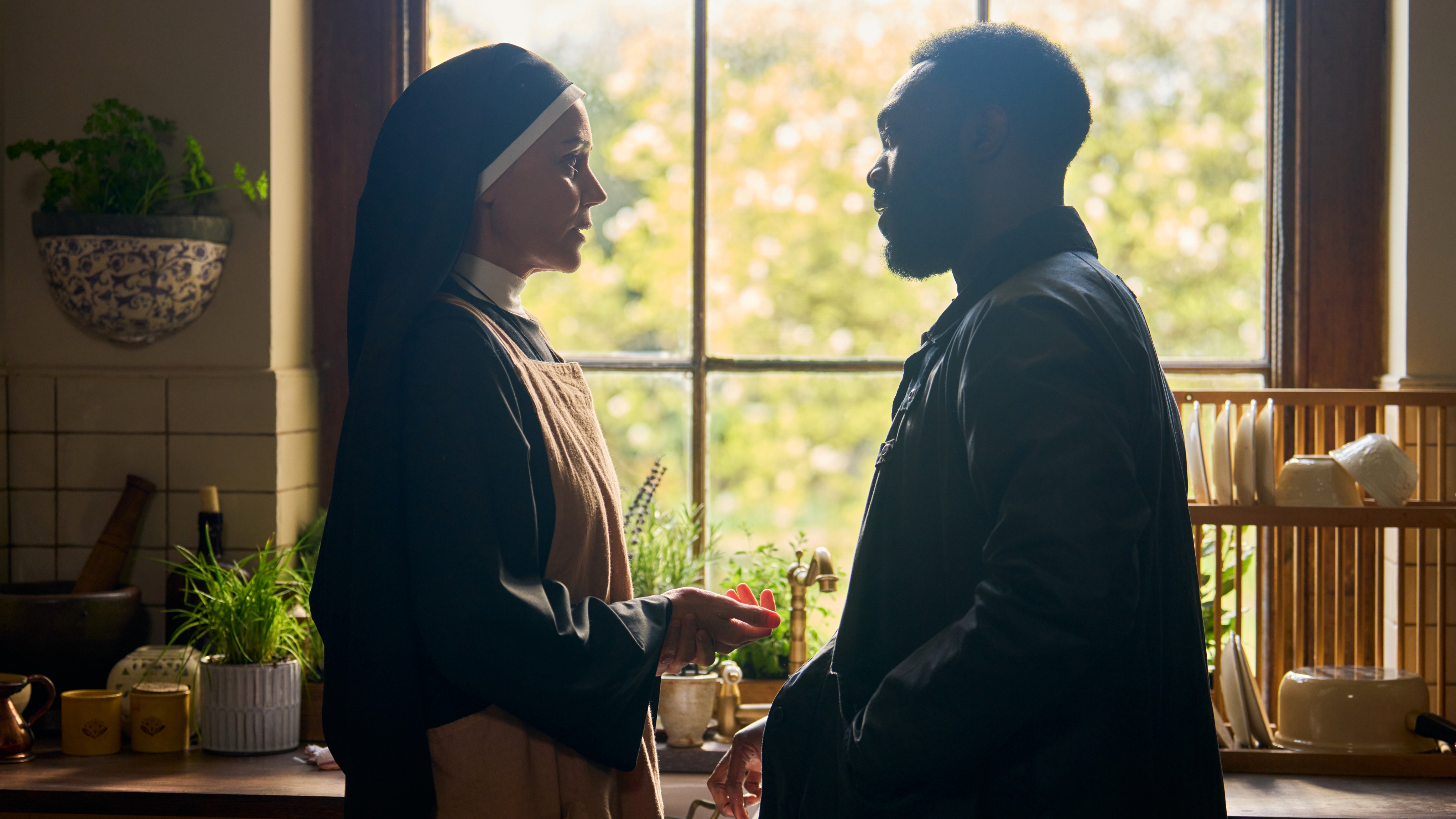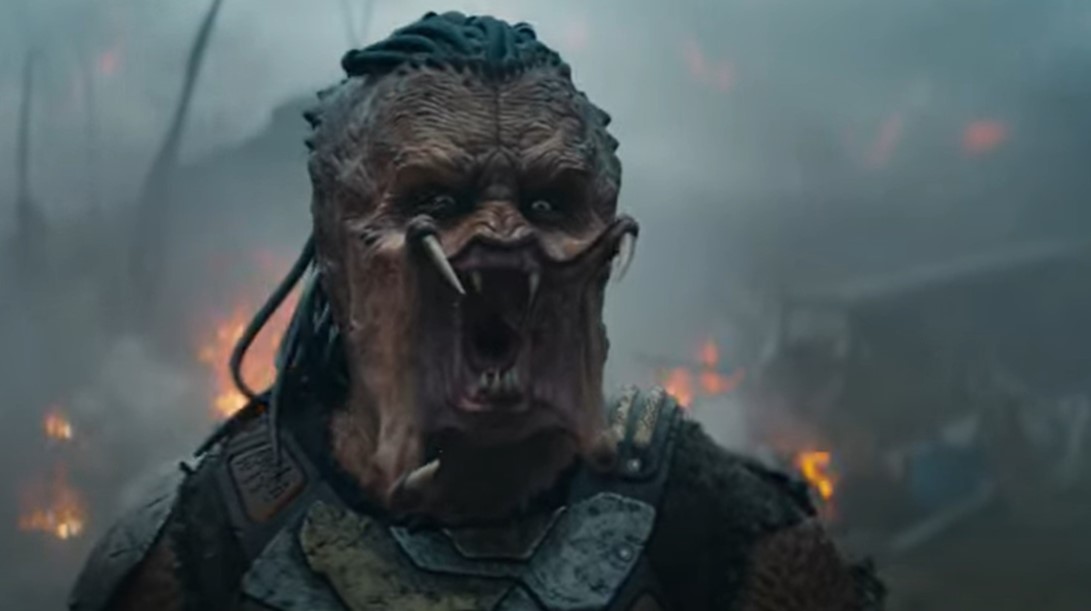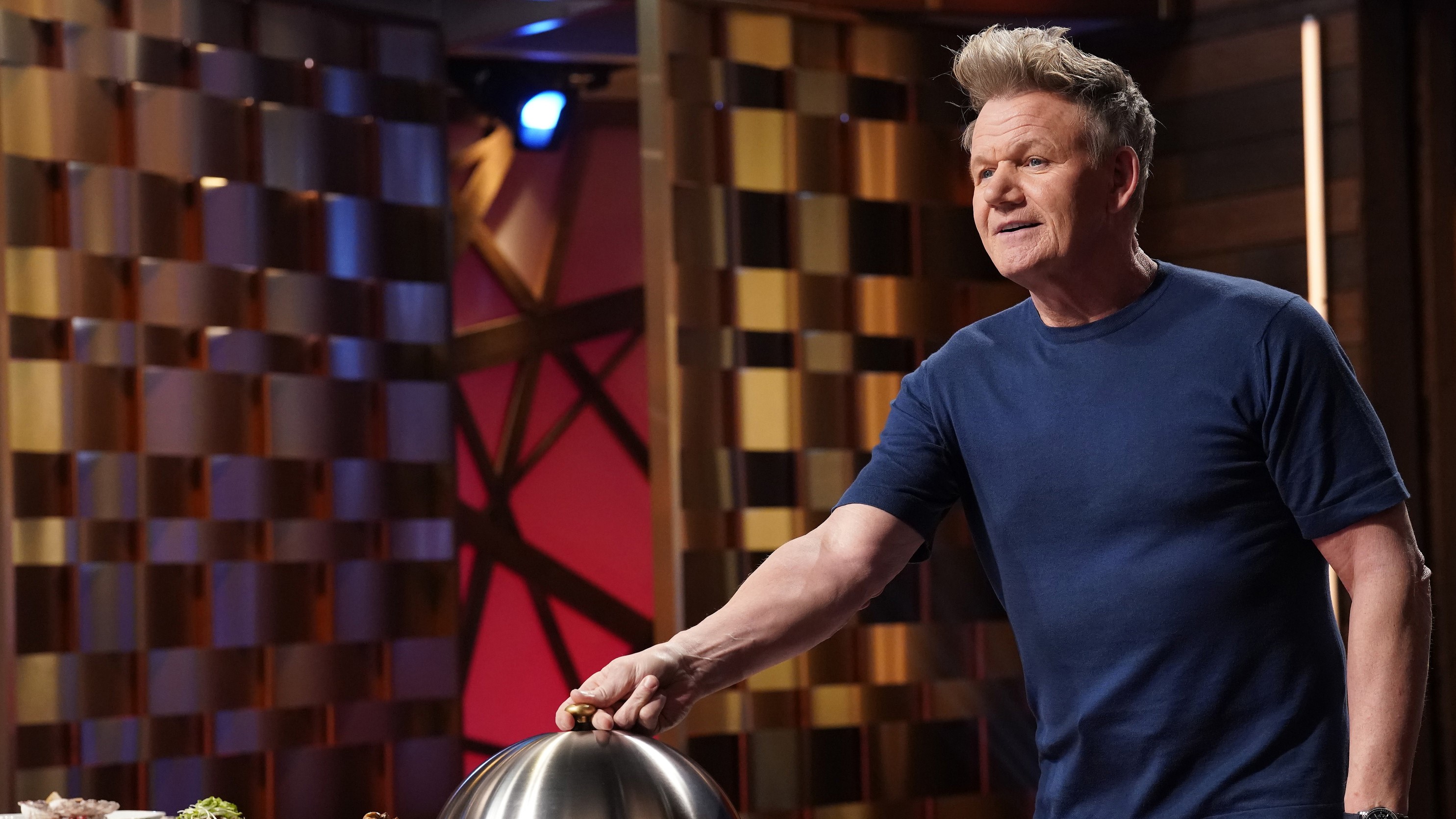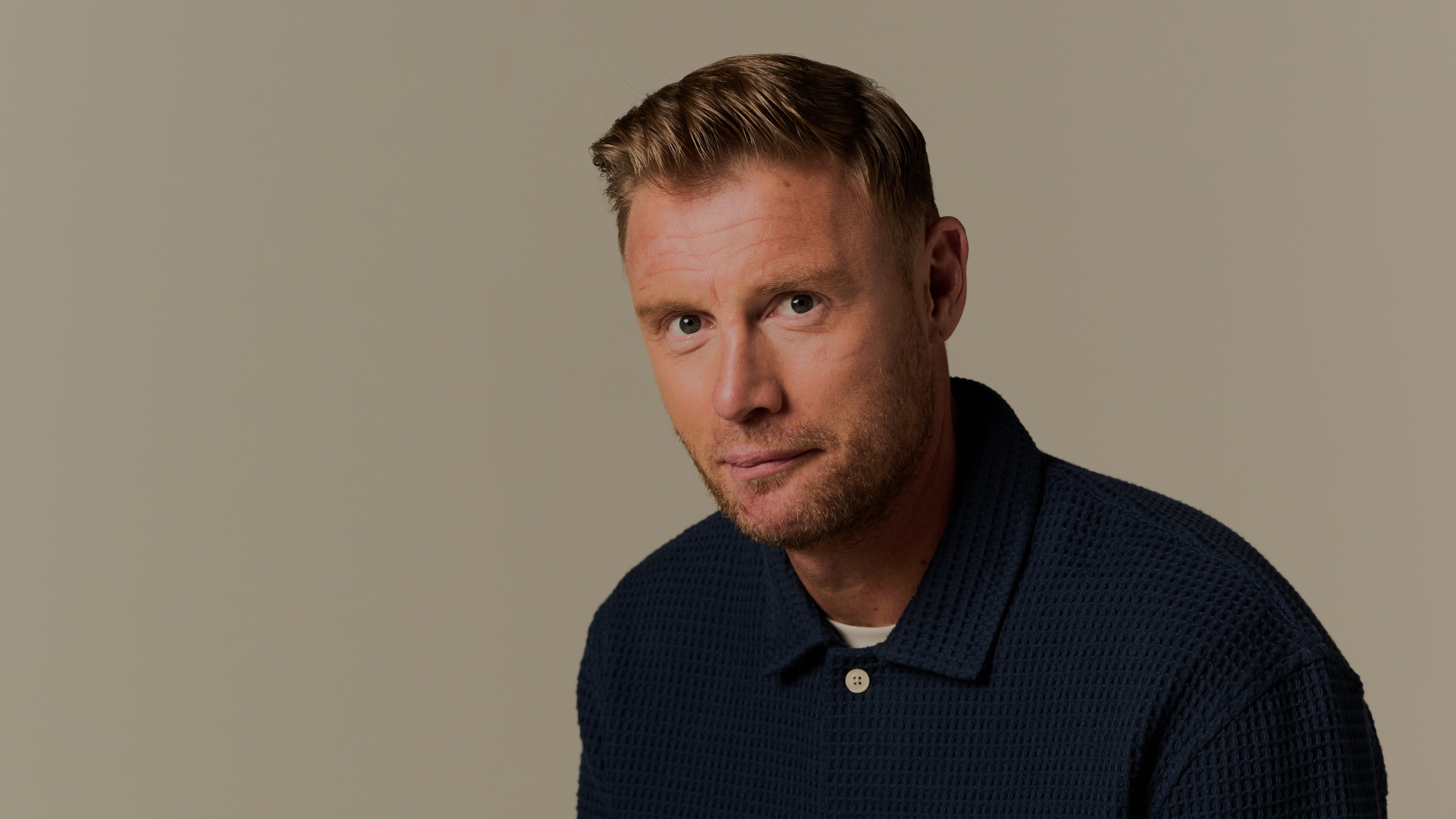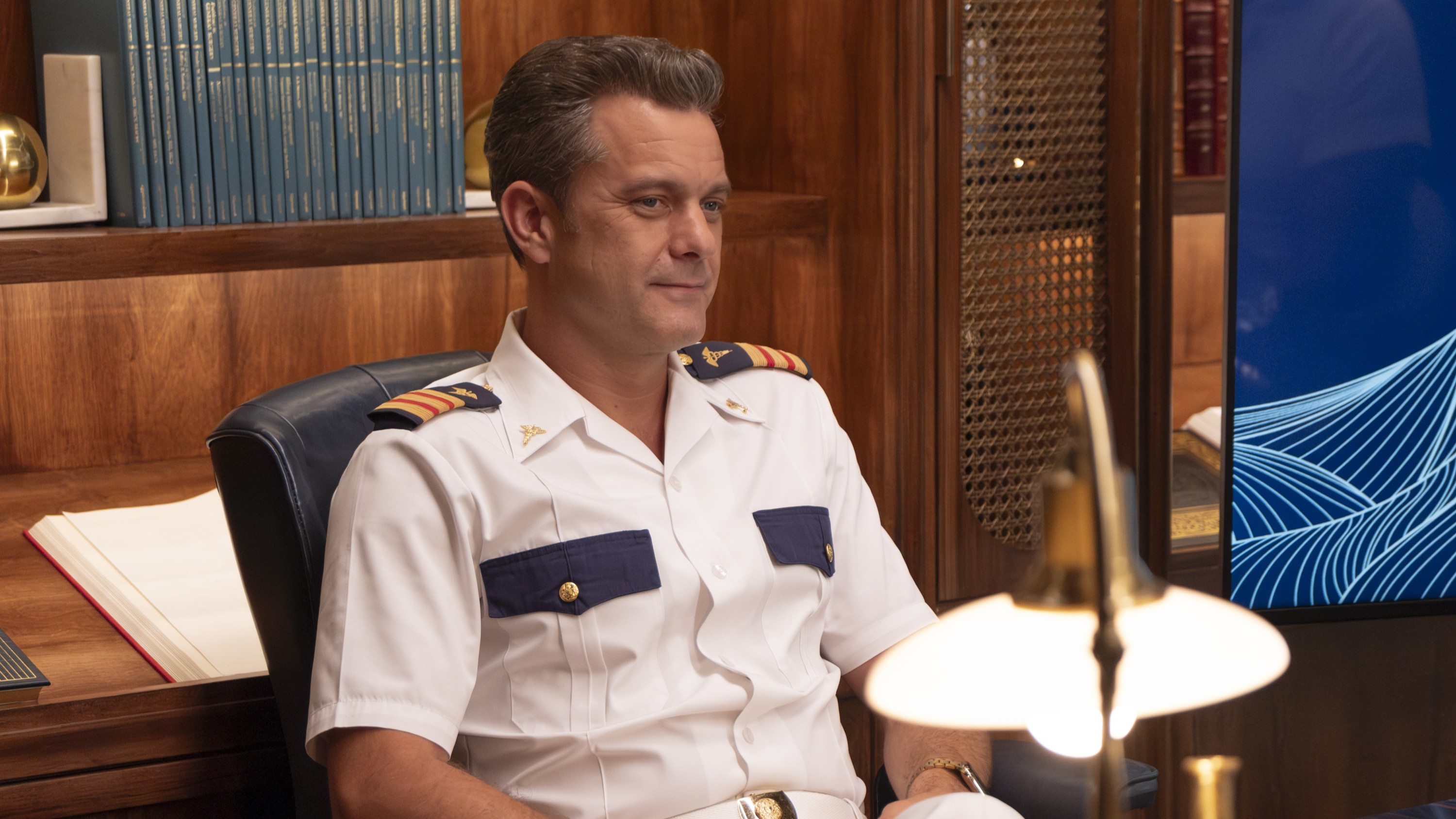Suranne Jones: Investigating Witch Trials — release date, episode guide, interview and everything we know
Suranne Jones: Investigating Witch Trials sees the BAFTA-winning actor exploring the legacy of witch trials around the world.
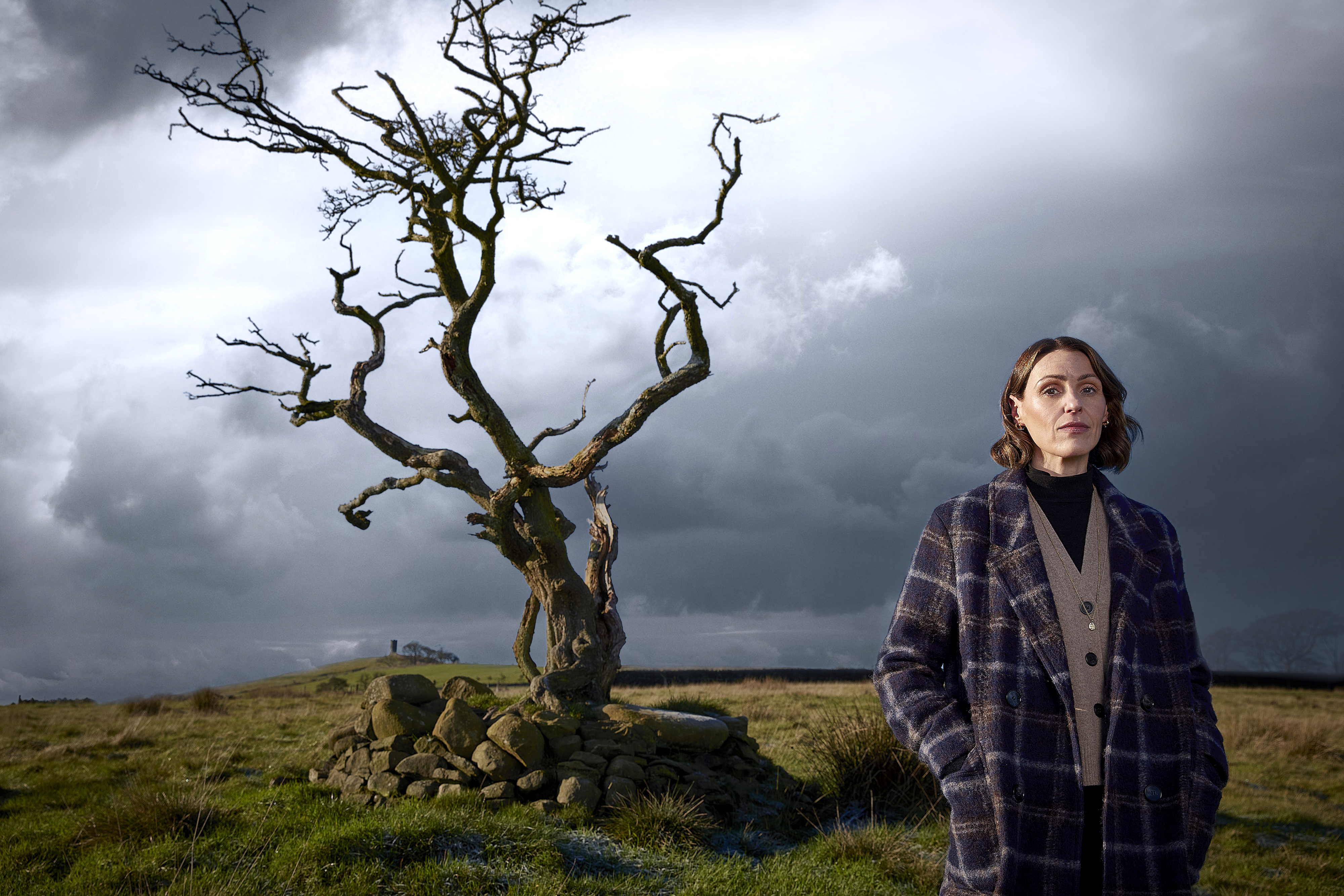
Suranne Jones: Investigating Witch Trials sees the BAFTA-winning actor on a mission to find out more about the most notorious witch trials in history and learning about their legacy in the modern world.
Suranne has been fascinated by the idea of witches for as long as she can remember, and she's curious about the impact that accusations of witchcraft have had on women throughout history. Her journey begins in Pendle, Lancashire, but ends up taking her beyond the UK to Germany and the United States.
My co-writer Kerry has actually written a book about witches and she's written a great article about the key thing Suranne gets right in the series. The opening episode drew in nearly a million viewers.
Here's everything we know...
Suranne Jones: Investigating Witch Trials release date
Suranne Jones: Investigating Witch Trials launched on Sunday, June 23 on Channel 4 at 9pm, with the second episode airing the following Sunday, June 30, at 9 pm.
Suranne Jones: Investigating Witch Trials locations
Suranne Jones: Investigating Witch Trials begins in Pendle, Lancashire, but also sees Suranne heading to other locations in the UK including London, as well as Bamberg in Germany and Salem, Massachusetts in the US.
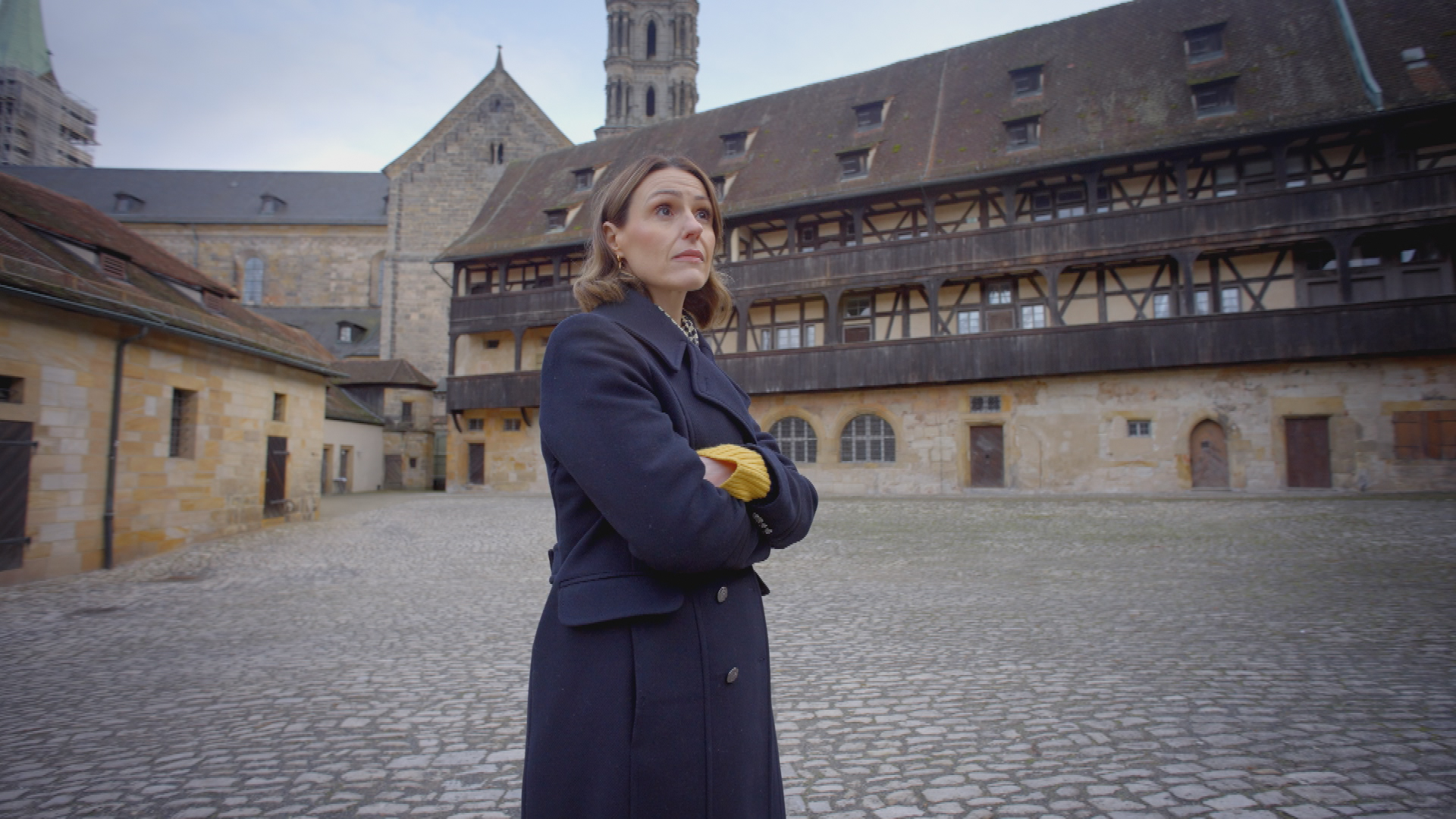
Suranne Jones: Investigating Witch Trials episode guide
Episode 1: BAFTA-winning actor Suranne Jones goes on an epic journey to investigate the most infamous witch trials in history and discovers why so many women were accused of witchcraft, and what their story means today.
In Pendle, Lancashire near where Suranne grew up, she uncovers the real story behind one of the most notorious mass executions for witchcraft in English history.
Suranne travels to Germany, the epicentre of the brutal witch trials that swept through Europe 400 years ago. She discovers the shadow this historical horror story has cast over women's lives for hundreds of years, and how some women are now reclaiming the title "witch".
Episode 2: Suranne's investigation takes her to the site of the most infamous witch trials of all — the American town of Salem. She explores why accusations of witchcraft spread here with such devastating consequences 300 years ago, and how the same mass hysteria overtook US society during Senator McCarthy's communist witch hunts in the 1950s.
Suranne discovers how the phrase "witch hunt" is being used today by powerful men like Donald Trump to paint themselves as victims, and how the Salem legacy continues to impact the rights of women today. And as the conditions that led to the witch trials in Europe and the US centuries ago are part of our lives today, Suranne asks whether history could repeat itself.
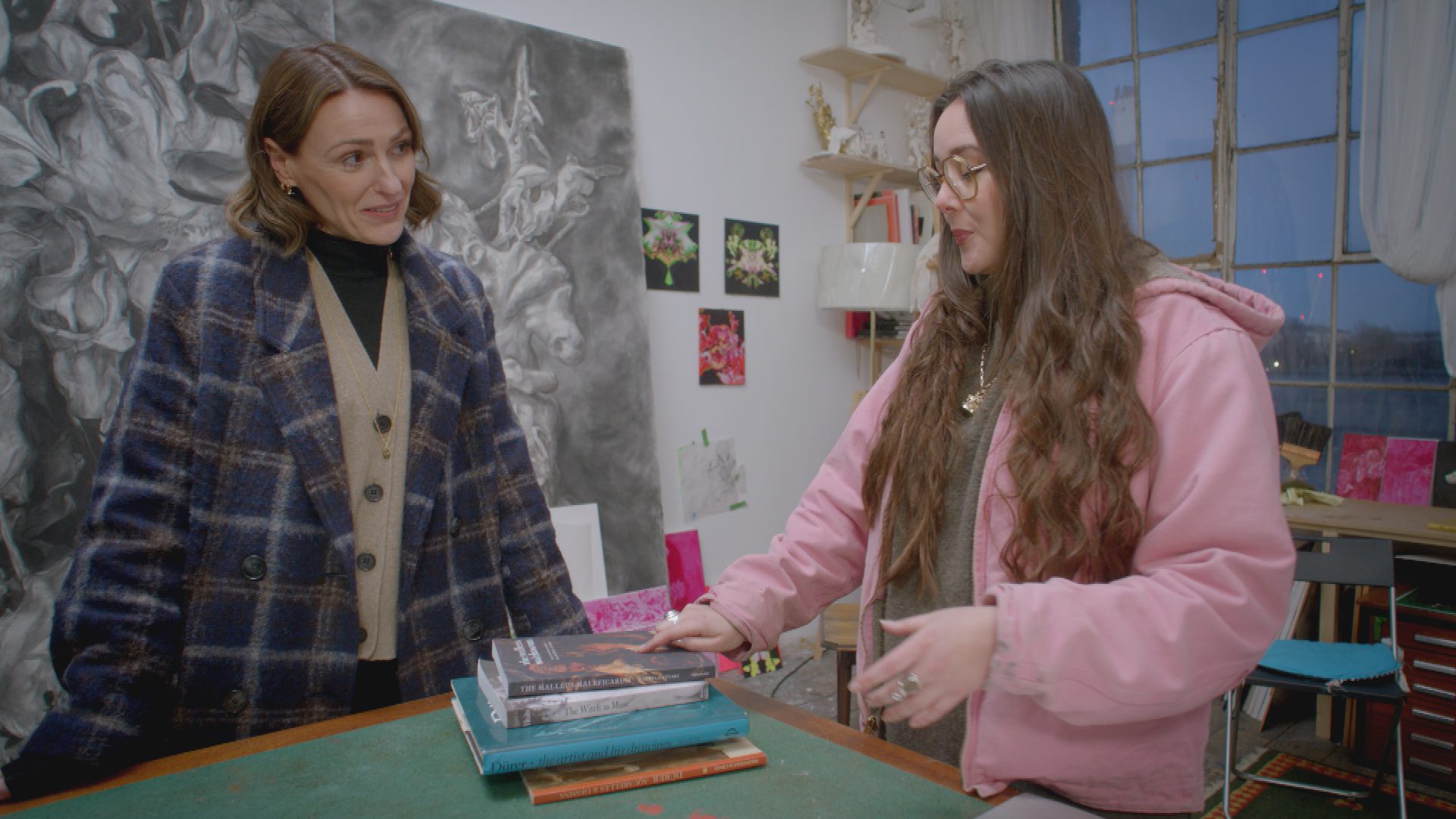
Suranne Jones interview
Why did you want to do this documentary? How did the idea come about?
"I've always loved literature on folklore, fairy tales, witches and vampires; the darker characters, the more powerful characters, the characters that have dark sides or are misunderstood. I always wanted to play the witch when I was younger, rather than a princess, and then when I got married, my husband was always saying, 'is that another witch book that you're reading?'. So, when we started our production company, he said to me, 'why don't we do a documentary? Would you be interested?' He wrote a brilliant treatment for me and sent it off, and the next thing we knew, it was commissioned. Our target was to make this documentary of modern-day relevance."
What was your experience like of growing up near Pendle, Lancashire? How much of the history of the area did you know before the documentary?
"I knew a lot of what's in the documentary because, when you're from that area, it's something that you know about. I was brought up in Oldham, Lancashire, so we talked about it within the family, and there's a lot of women in the family so it's something you talk about because of the history of it. I probably didn't realise the weight of it when I was younger, but then certainly, as you come into your teenage years, you understand the weight of it. There's a lot of witch stores in Pendle, and there are a lot of trinkets and it's touristy, not that there's anything wrong with witch trinkets as I think they're representations of power, but you have to get beneath that to understand the history."
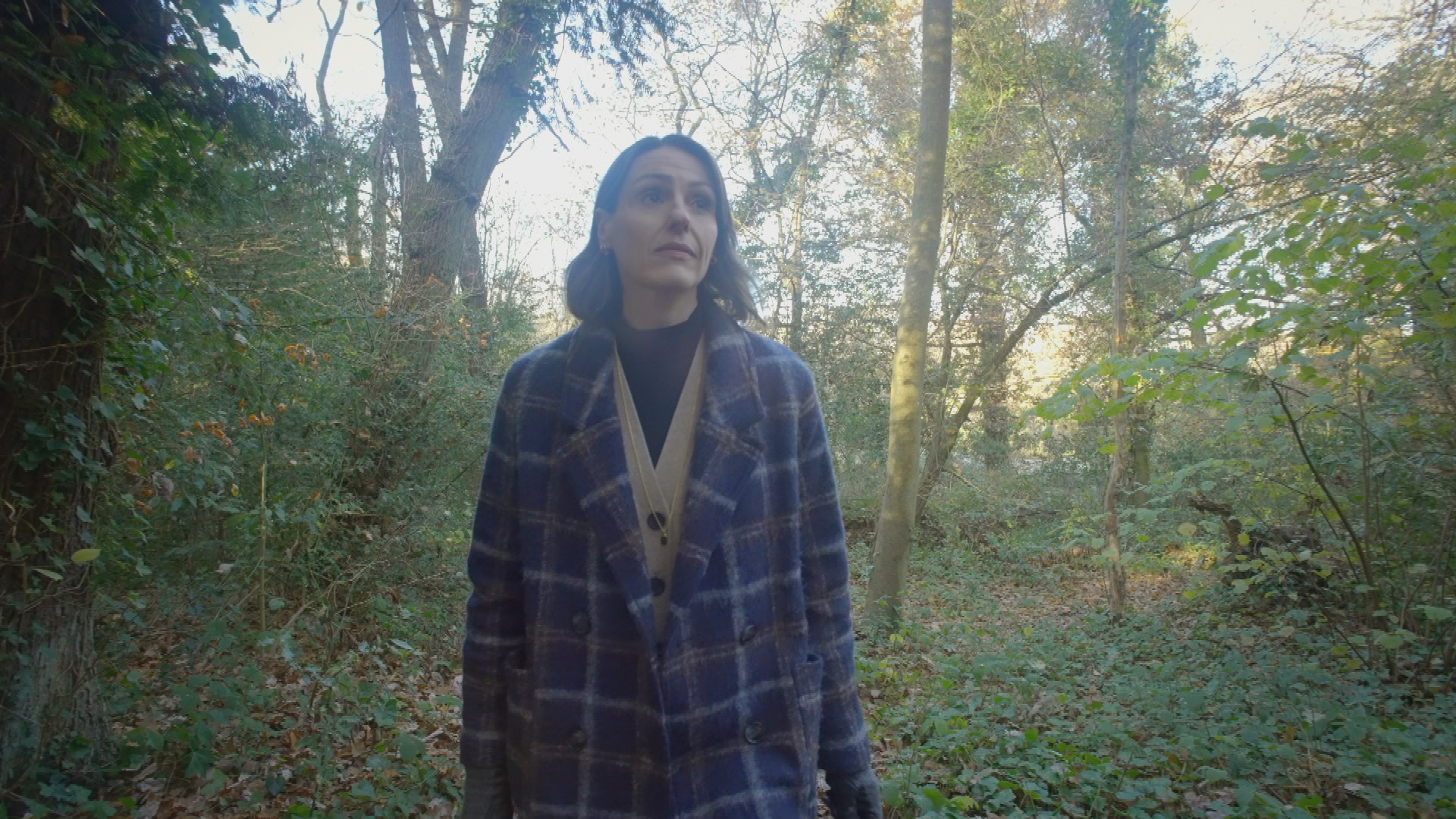
The black pointy hat and the broomstick is the classic image we all have of a witch. What was your understanding of the term "witch" before the documentary, and how do you feel your understanding has now changed?
"The point of this documentary is to make people think differently when they look at that image of the pointy hat, the crone, the maiden, the young woman, and to understand where it came from, why people suffered in the name of that, and how the title of "witch" has now been reclaimed. A witch, to me, was always someone who was wild and powerful and dark, and I think, often, a lot of representations or misunderstandings of people or cultures come from a lack of knowledge about them. One of the big things that I thought I knew and that I found out isn't true is that all the Pendle witches were midwives. This isn't true, there were a few that were possible midwives, or like healing women, but most of them were just women."
Can you talk through all of the different emotions you felt throughout the series?
"I didn't know what to expect. I found that the modern-day witches were very uplifting and quite joyful, because they were honouring the Pendle women and the Salem women and children. I felt like, as they were making their own communities today, there was a gathering of power, and it felt like they were doing it on behalf of all those women and the 'other' people that didn't have a voice. It was emotional to hear about the history because it still affects us today. There was a really hard day for me that I came away thinking, 'oh my God, this is extreme. Misogyny still exists, and we're in 2024 and it is perhaps on the rise again because of the internet'. That's the one day that really got me. But other than that, I think that it is an uplifting story, in a way."
How different is being involved in and making a documentary to doing a drama?
"I've learnt a lot. We had two different directors, we filmed in three different countries, and it was a year of filming with snowstorms in between. We changed the scripts because the documentary started going in a different way and now, I know that is how documentaries are made: you have an idea and then suddenly it goes in a different direction, because you start to think, 'oh actually, this is more interesting', and then you regroup. I definitely learnt a lot because I wasn't a documentary maker, but that's what this job is; I don't know anything until I do it! So, it's about just doing it and learning."
Is there a trailer for Suranne Jones: Investigating Witch Trials?
No, sadly not, but if one is released we will add it to this guide.
Get the What to Watch Newsletter
The latest updates, reviews and unmissable series to watch and more!
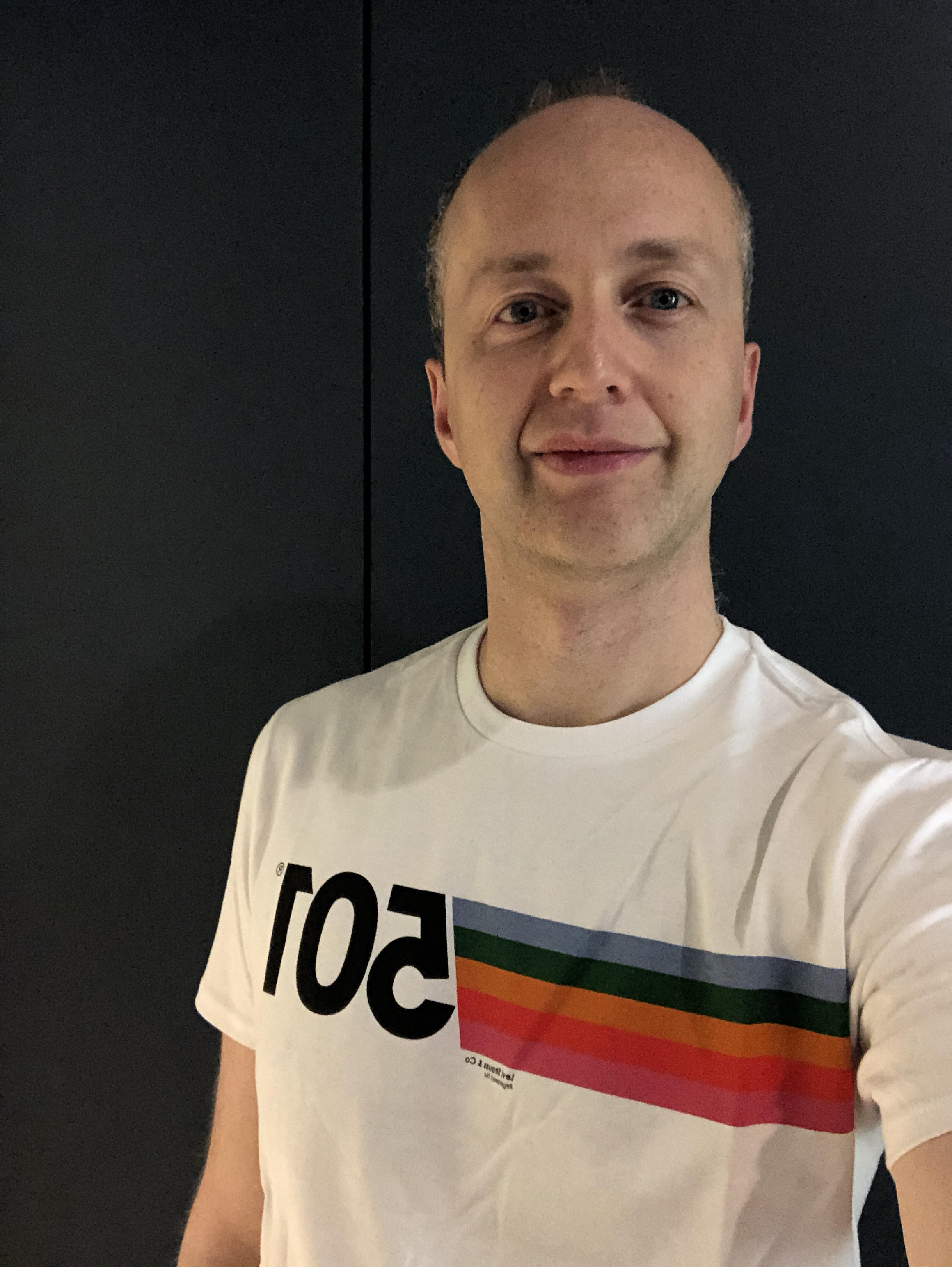
Steven Perkins is a Staff Writer for TV & Satellite Week, TV Times, What's On TV and whattowatch.com, who has been writing about TV professionally since 2008. He was previously the TV Editor for Inside Soap before taking up his current role in 2020. He loves everything from gritty dramas to docusoaps about airports and thinks about the Eurovision Song Contest all year round.
